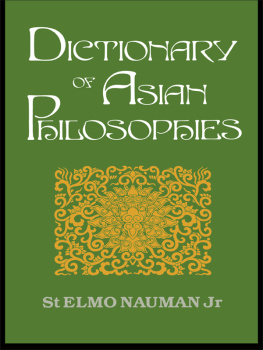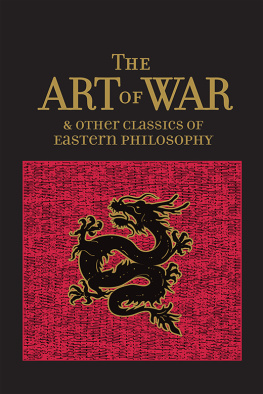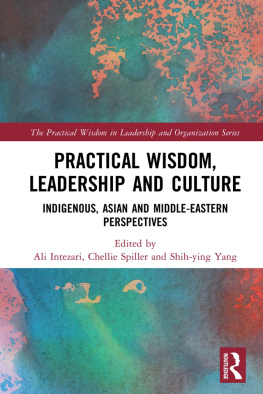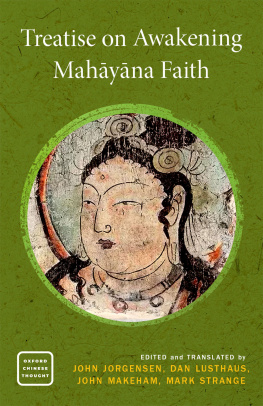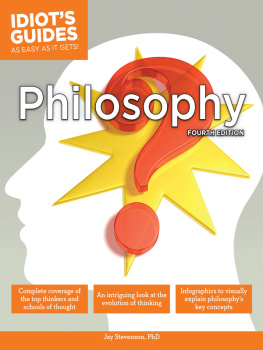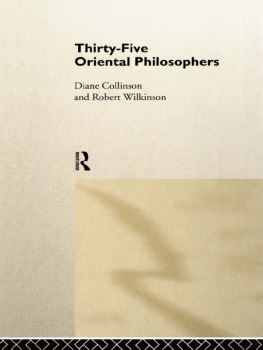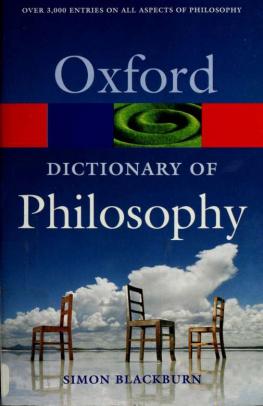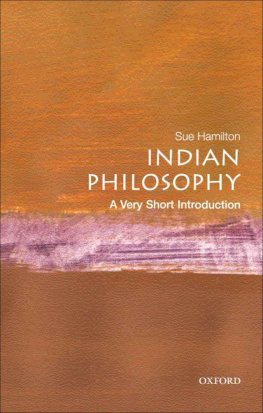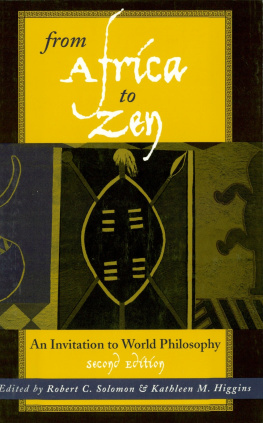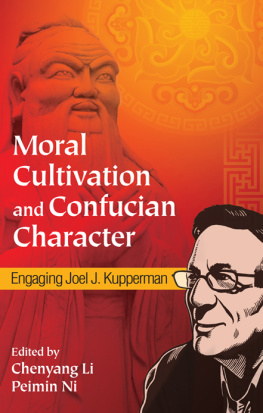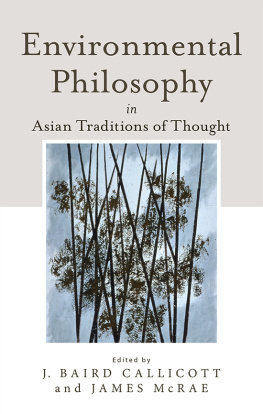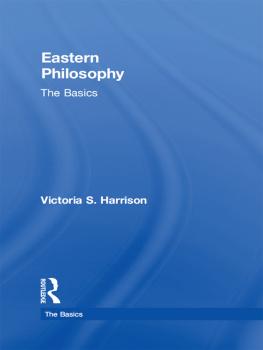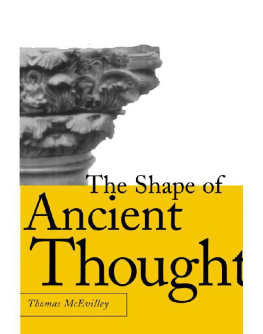FOREWORD
The DICTIONARY OF ASIAN PHILOSOPHIES by Dr. St. Elmo Nauman, Jr., is no doubt the most timely work for the benefit of western students, teachers, as well as the general reader. Eastern philosophies with which the West came into contact as far back as the 16th and the 17th centuries, which were studied by selected western scholars during the 18th and the 19th centuries, are not only creating interest, but even being adopted as a way of life by thousands of Westerners today.
Our age is the age of transformation, comparable to the Renaissance Period which brought about the advancement of science and technology. The present Neo-Renaissance, which is unveil-ing Far Eastern culture in the West, is bound to lead to the advancement of humanities and philosophy in the near future. The DICTIONARY not only acquaints the reader with philosophical terms and philosophers, but it also gives a historical background of Asian philosophies. The style is lucid and elegant. In this volume Dr. Nauman has made a scholarly contribution to the better understanding of Asian philosophies in the West, and has also supplied useful material for scholars who are interested in a comparative study of Eastern and Western philosophies.
I recommend this work to all scholars, teachers, students and general readers interested in Asian philosophy.
I.C.Sharma
Visiting Full Professor of Philosophy
Cleveland State University
Cleveland, Ohio Adjunct Professor of Philosophy
Old Dominion University
Norfolk, Virginia
Formerly Chairman and Professor of Philosophy
Udaipur University
Udaipur, India
Cleveland, Ohio
INTRODUCTION
From Buddha to Gandhi, Chu Hsi to Hu Shih and Kitabatake Chikafusa, the wisdom of the East, hidden mysteries from India and Tibet, China, Japan, and Persia are opened to the interested reader. The doctrines of Karma, MY, Satori and Nirvana, the key teachings of such thinkers as Confucius, Lao Tzu, Mo Ti and Mao Tse-Tung, are presented. Lesser-known Eastern thinkers, Chou Tun-i, Wang Yang-Ming, Ho Yen, Kung-Sun Hung, Wang Pi, and many others are also included. Whether we wish to consult the I Ching, with its predictions about the future, learn The Way (Tao), or read the Zen Koan, such as: He put his sandals on his head and walked out, these pages contain the needed reference information. Every major stream of Eastern thought, whether idealistic or materialistic, is represented.
Why should we spend time studying Asian philosophies? Primarily to avoid the mistake of thinking that If I dont know it, it must not be important. The study of human thought is incomplete and incoherent without the valuable contributions from the East. Western civilization never was all the civilization there was, even when it so imagined. Cultural imperialism is no proper replacement for military imperialism. The sneer is no better than the gun. To ignore the East is to miss its insights and to lessen the humanity which should be educations gift to us. Mankind shrinks with ignorance, and surrenders the life of man for the life of a brute. Barriers of distance and language may have excused such intellectual poverty in the past, but advances in translation have made Eastern works generally accessible to the generalist. No one knows philosophy if he knows all philosophy except Eastern. The ignorance of an educated man is no excuse, in the eyes of the universe, and the laziness of an educated individual may lead to the death of civilization through misunderstanding.
A second reason for the study of Asian philosophies is that, despite many notable accomplishments, Western philosophy is still not complete. A general unity, even the unity of sciences, is still missing.
The East may not turn out to have the answer, either, but many Eastern thinkers do attempt to state the conditions of a coherent unity. Whether these formulations succeed will be for the reader to judge.
A third reason for the study of Asian philosophies is for unique insights. Besides a unified world-view, most notable in Indian thought, we may appreciate the importance of meditation, or the phenomenalism characteristic of Japanese thought, the social emphasis of Chinese thought, or the intense interest in spiritual forces in Tibetan teachings. These topics, among others, merit attention.
Contemporary Western thought is deficient in:
- value theory, which is inadequately grounded, a kind of poor orphan in the midst of the wealth of Western technology;
- the coherent explanation of non-material phenomena;
- the explanation of teleology (purpose), which oddly appears to be miraculous on Western scientific principles;
- an adequate model for later adult life, which, after the Western rites of initiation (confirmation, bar mitzvah, or sweet sixteen parties), is supposed to stay unchanged until death;
- the integration of knowledge, an explanation of how the universe can be the universe. Western philosophy can explain partial coherence par excellence, but cannot adequately account for the coherence of parts into a universal whole; and
- an explanation of dis-value, evil. While the West succeeded in mapping the dark side of the moon, it cannot cope with the dark side of human behavior. Except for the contributions of Freud and of the Existentialists to this topic, contemporary Western thought has nothing significant to say. Are we expected to think of value as some kind of warp in an otherwise value-free universe? What is the origin of evil? Why is it the case that, in a monistic universe, there should exist a sort of hostile sub-environ-ment?
These are some possible questions not answered well in contemporary Western philosophical works. Thus, deficiencies of Western thought, together with the insights of Eastern thinkers are more than sufficient to justify the time we may spend turning Eastern pages.
The characteristically metaphysical caste of Eastern thought often produces suspicion in Western readers, who prefer a reality they can touch, feel, and make into an experiment. Western empiricism, experimental and pragmatic, has succeeded scientif-ically. In the process, however, it has presented a world-view so fragmented that it is difficult even for a well-educated individual to make sense out of all its separate parts. Partial coherence replaced an understanding of the whole.

